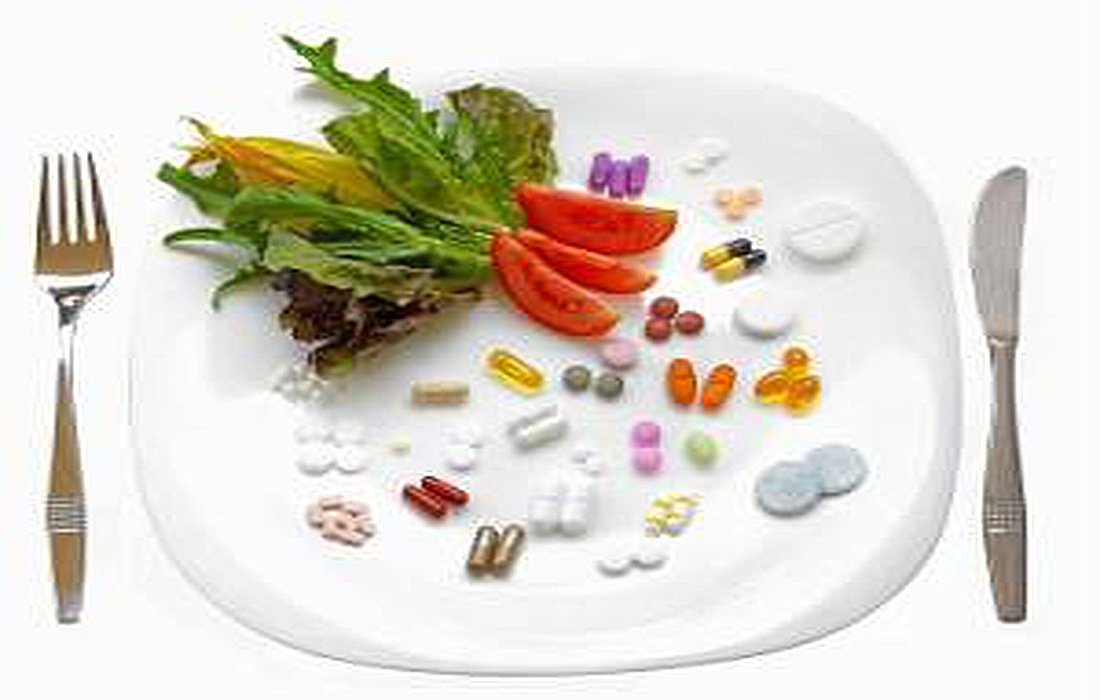Taking Medications with a Full StomachAnd After Meals
When we visit a doctor for treatment, the doctor gives us instructions on how to take the medication, such as “take this pill with food,” “take this on an empty stomach,” or “take this after meals.” Have you heard such instructions before? Although these instructions might seem repetitive, doctors have many reasons for these recommendations. Read more about health and hygiene in this section.SelMagzDiscover the different ways medications interact with the body and the reality behind doctors’ important warnings.

Decoding Drug Interactions
Consuming certain foods and liquids can cause physiological changes in the body. Your bodily systems identify and analyze these “foreign substances” and prepare to react accordingly. Blood flow to the intestines increases, acids are released in the form of bile, and the intestines adjust to changes in acidity.
Medications are directed similarly, and each interacts differently, which is why they are often recommended to be taken before or after meals. This is to predict how these chemicals will interact with the digestive system, as undesirable interactions between foods and medications can either help or hinder the absorption of the chemicals in the medication.
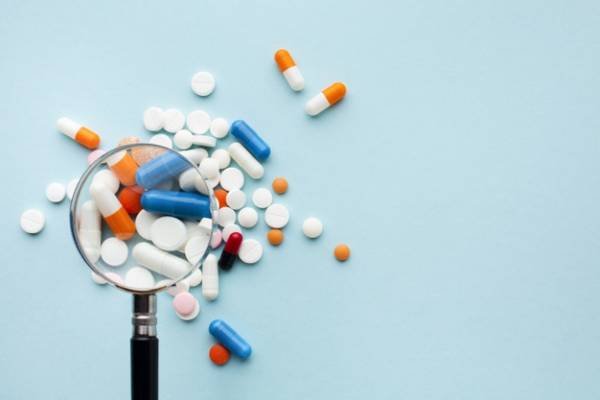
Why Should Some Medications Be Taken with Food?
Some medications have side effects like stomach irritation, indigestion, ulcers, or inflammation. Taking these medications with food helps reduce these unpleasant effects. You don’t need a full meal; light snacks like cookies or sandwiches are sufficient.
About Oral MedicationsDiabetesAlso applies toBlood SugarVery Low (Hypoglycemia) Prevention.Chronic PancreatitisEnzyme supplements should also be taken with food to aid the body in processing meals.

Generally, antacids and non-steroidal anti-inflammatory drugs (NSAIDs) are recommended to be taken with meals or snacks. NSAIDs prevent the production of prostaglandins and chemicals that promote pain and inflammation while also protecting the stomach from intestinal acid. A group of diabetes medications called “sulfonylureas” is also recommended to be taken with meals to reduce the risk of low blood sugar.
Why Should Some Medications Be Taken After Meals?
Taking these medications after food can help reduce severe side effects associated with the stomach. This also applies to antifungal gels or liquid medications that may be difficult to swallow or rinse out; they do not get absorbed into the blood. Antibiotics and HIV medications fall into this category.
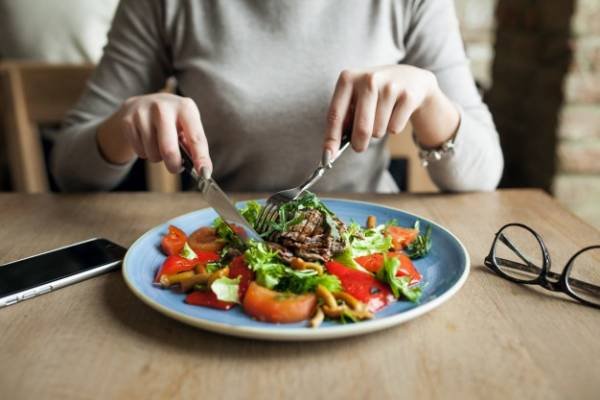
If Food Is Not Available When Taking Medication, What Should We Do?
If a person must take a medication that should be taken with food but has no food available at the time, they should drink at least two glasses of water with the medication to prevent damage to the esophagus and gastrointestinal and kidney side effects.
Take Pain Relievers with a Full Stomach
Most oral medications either dissolve in the stomach or activate in the intestines due to their coating. Most pain relievers, such as ibuprofen,Mefenamic AcidandDiclofenacopen in the stomach, which canWorsen Stomach Painin some individuals, so they should be taken with food.
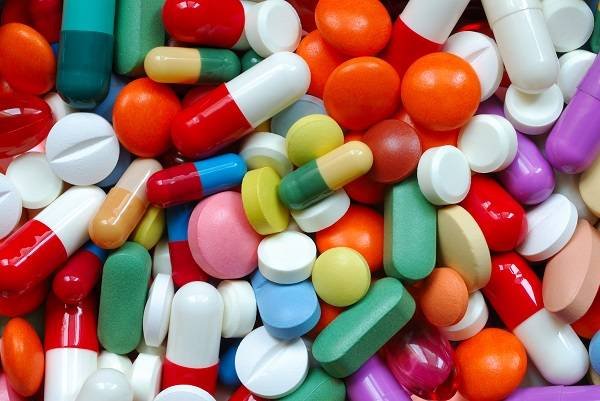
Common Questions about Taking Various Medications
Can some types of medications be dissolved in water for faster absorption?
As mentioned in SelMagz, if a doctor allows dissolving the medication in water based on the type of drug and the patient’s condition, it can be done. Never dissolve pills that are in capsule form or have a coating in water.
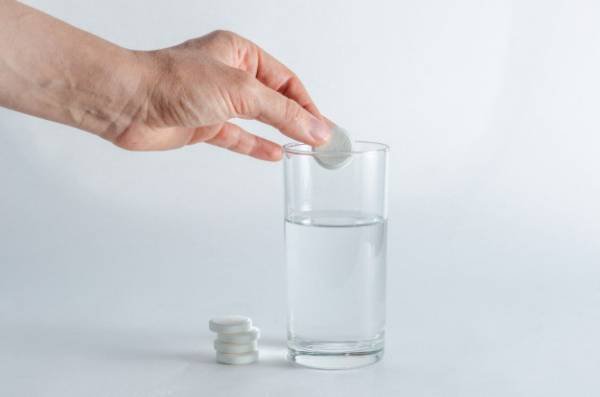
Can medications be taken with milk, juice, or tea?
Beverages like tea,coffee, milk, and fruit juice can also affect how some medications work in the body.
For better absorption of certain medications, you can take them with different beverages as prescribed by your doctor. For example, taking iron supplements with juice that containsVitamin Cassists in better absorption of the medication.
Sometimes, it is even possible to take itraconazole capsules (used to treat certain fungal infections) with food and in some cases with acidic beverages likesodabecause this medication needs an acidic environment to absorb.
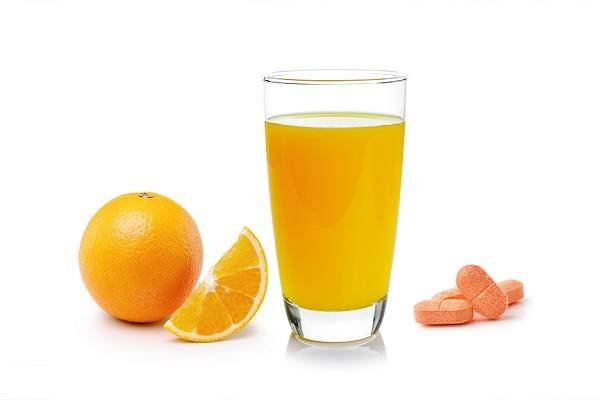
For two hours after takingantibioticslike ciprofloxacin or norfloxacin, dairy products should be avoided and can be taken at other times.
Taking antibiotics and iron, zinc, and calcium supplements with tea reduces the absorption and effectiveness of the medication.
Taking pain relievers containing caffeine like Nurofen with tea and coffee can enhance the effects ofcaffeinein the medication.



